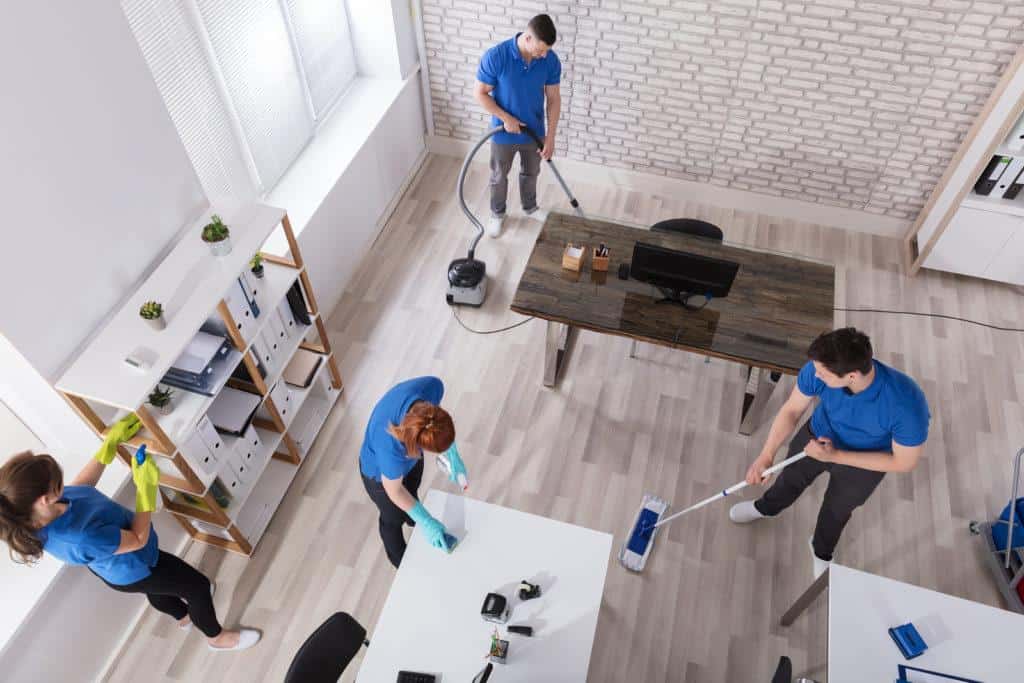Introduction to Deep Cleaning in the Office
Deep cleaning is a thorough and detailed process that involves cleaning every nook and cranny of an office space. It goes beyond regular dusting, vacuuming, and mopping, and includes tasks such as scrubbing floors, shampooing carpets, and cleaning air ducts. While it may seem like a daunting task, deep cleaning is essential for maintaining a healthy and productive work environment.
Benefits of Regular Deep Cleaning
1. Improved Air Quality: Dust, dirt, and other contaminants can accumulate over time, making it difficult for employees with allergies or respiratory issues to breathe easy. A deep cleaning service will ensure that all surfaces are thoroughly sanitized, reducing the amount of pollutants in the air.
2. Increased Productivity: A cluttered and dirty workspace can be distracting and even lead to decreased productivity. By having a regularly scheduled deep cleaning service, you can ensure that your staff has a clean and organized workplace, which can help increase their focus and motivation.
3. Extended Equipment Life: Over time, equipment such as computers, printers, and copiers can become dirty and dusty, leading to malfunctions and breakdowns. A deep cleaning service will not only remove any built-up grime but also prevent future buildup, extending the life of your expensive equipment.
How Often Should You Perform Deep Cleaning?
The frequency of deep cleaning depends on several factors, including the size of your office, the number of employees, and the level of foot traffic. Generally, most offices require a deep cleaning at least once or twice a year. However, if your office experiences high levels of activity or has specific hygiene requirements, more frequent cleanings may be necessary.
What Areas of the Office Require Deep Cleaning?
A comprehensive deep cleaning should include all areas of the office, from common spaces such as lobbies and conference rooms to individual workstations. Some key areas that require attention during a deep cleaning include:
1. Carpeting and Flooring: Dirty carpets and floors can harbor bacteria and germs, making them a potential health hazard. A deep cleaning service will involve shampooing carpets and waxing/buffing hard floors to remove dirt and stains.
2. Furniture and Upholstery: Desks, chairs, and sofas can collect dust, dirt, and spills over time. A deep cleaning service will clean and sanitize these items, leaving them looking fresh and new.
3. Air Ducts and HVAC Systems: The heating, ventilation, and air conditioning (HVAC) system plays a critical role in maintaining indoor air quality. A deep cleaning service will inspect and clean the air ducts, vents, and coils to ensure they’re functioning properly.
Conclusion: Making Deep Cleaning a Habit
Regularly scheduling a deep cleaning service is crucial for maintaining a healthy and productive work environment. By following the tips outlined above, you can create a cleaner and safer office space that promotes employee wellness and boosts overall morale.

